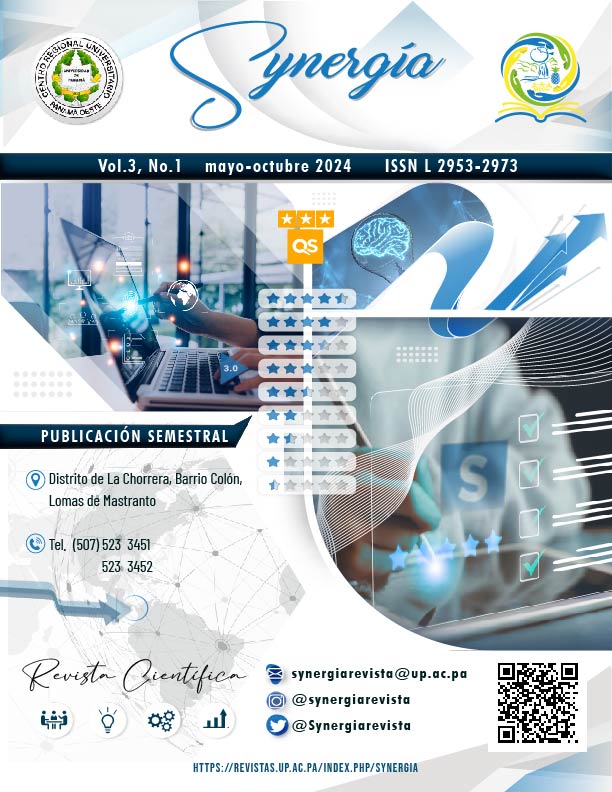

Copyright (c) 2024 Synergía

This work is licensed under a Creative Commons Attribution-NonCommercial-ShareAlike 4.0 International License.
The study analyzes the work skills of Social Communication students at the Veraguas Regional University Center. It is crucial to improve education and adapt academic programs to the demands of the field of communication.
The main objective of this article was to evaluate students' work skills and their perception of preparation for the labor market.
The methodology was based on the research design in a quantitative, descriptive, exploratory approach that involved the use of questionnaires for data collection. Descriptive analyzes and principal component analysis were performed to evaluate the distribution of variables and underlying relationships.
The results underscore the importance of improving perceptions of students' job skills, encouraging participation in extracurricular activities, and providing quality guidance for skill and confidence growth.
In conclusion, it was known that the students of Social Communication at the Regional University Center of Veraguas are mostly young people between 18 and 25 years old with an equitable gender proportion. They are confident in their abilities, but view job skills less positively. It is suggested to improve training and participation in extracurricular activities.
The study contributes in a new way to the area, focusing on a particular approach. Its academic and scientific contribution is seen in the provision of essential data for informed decisions in education. Likewise, it proposes actions to enhance the preparation of future communicators, benefiting their progress in academics and work.